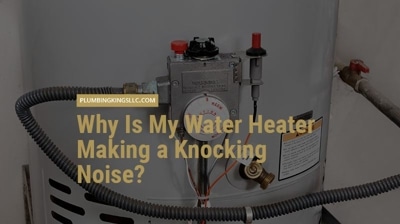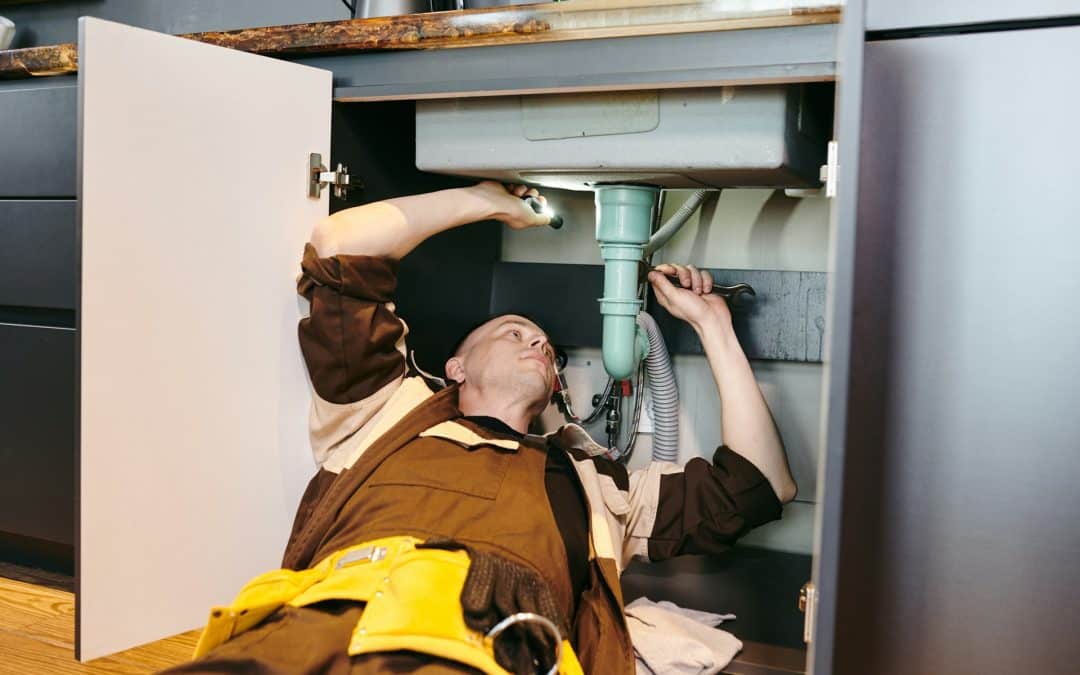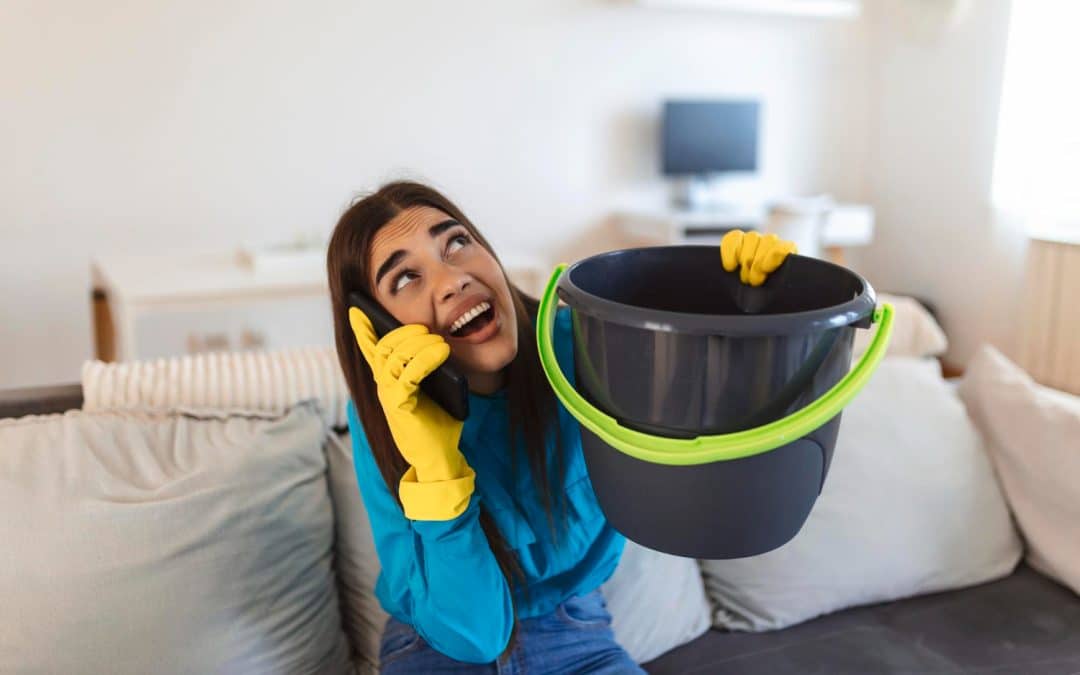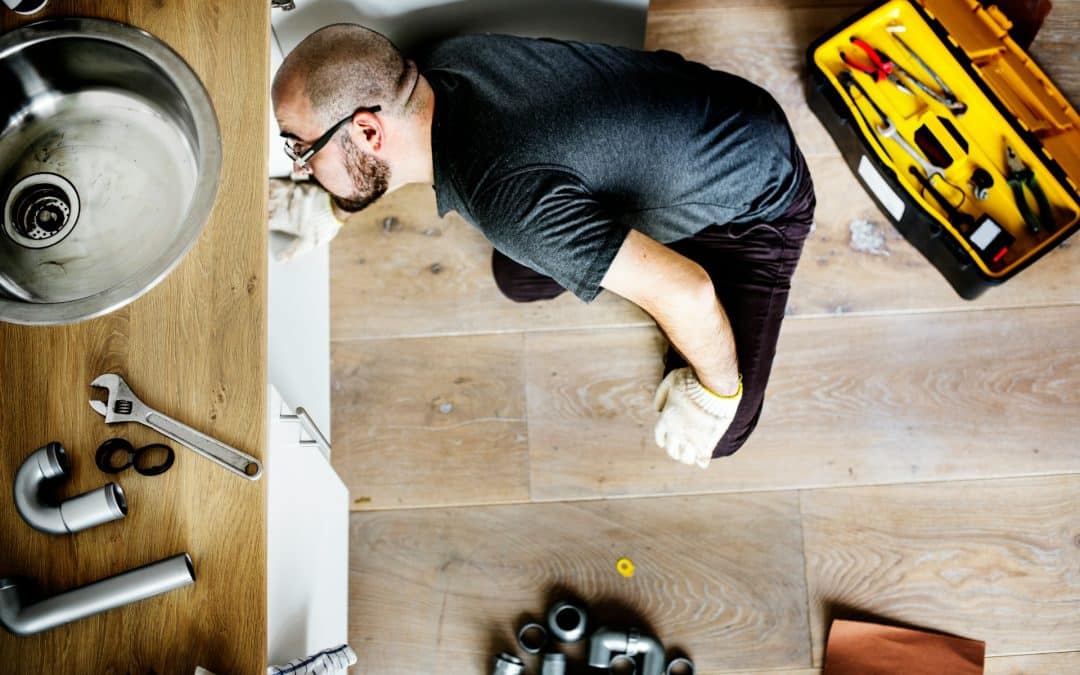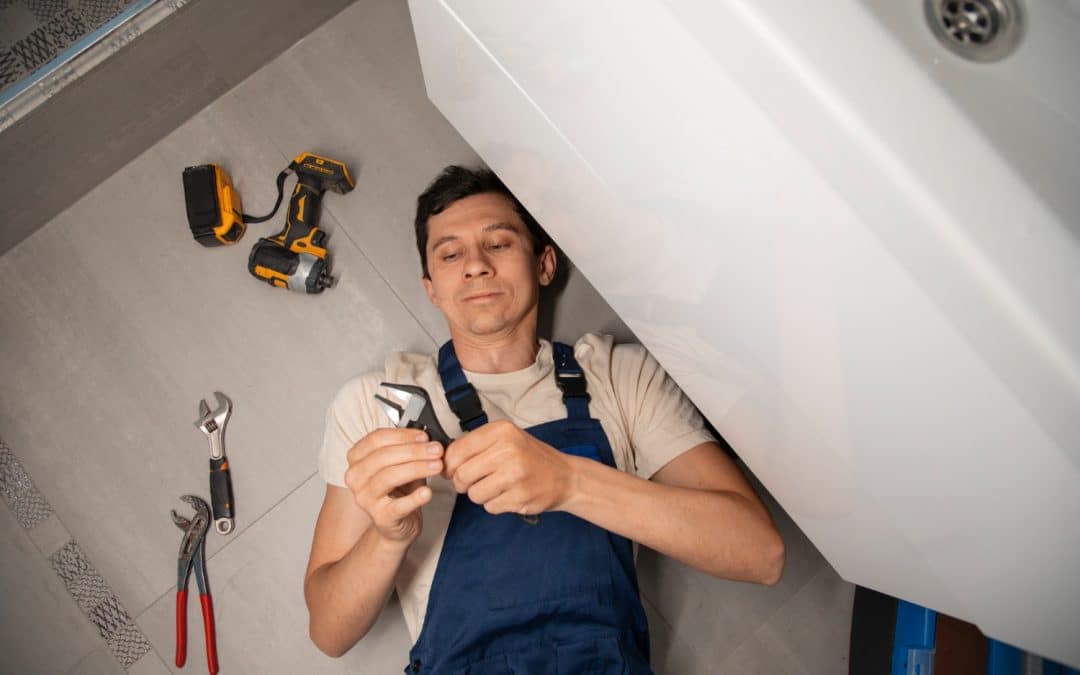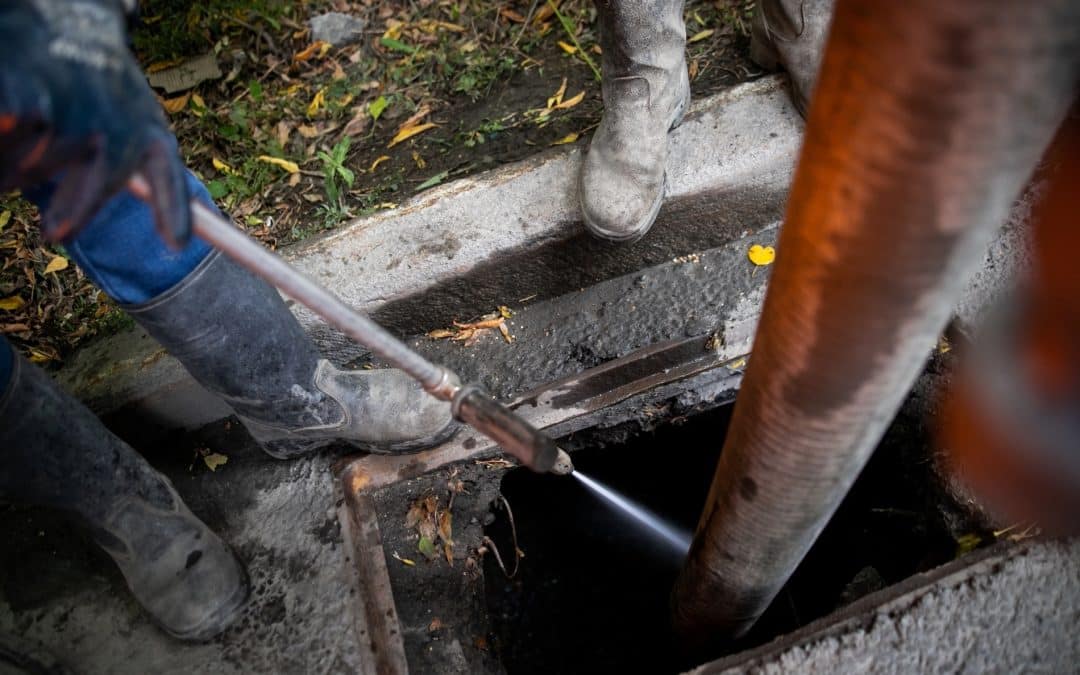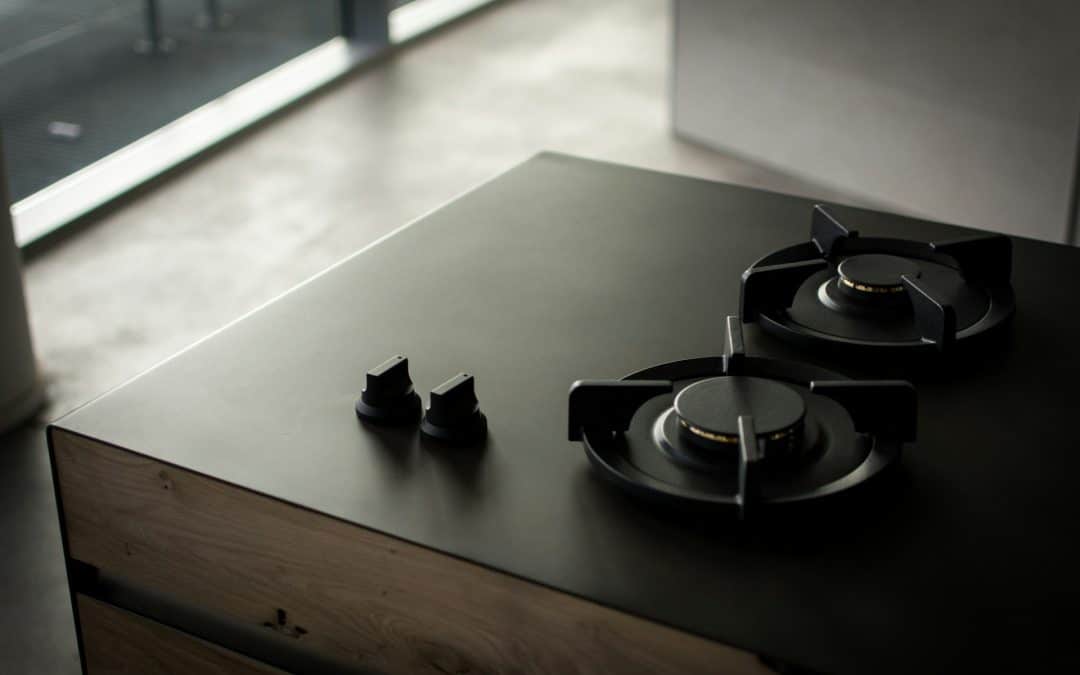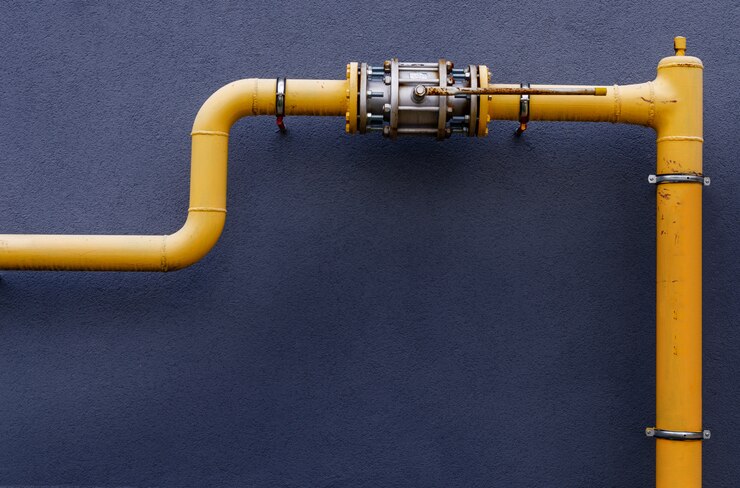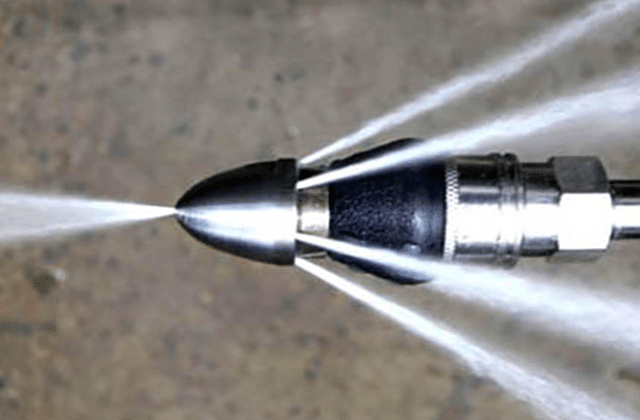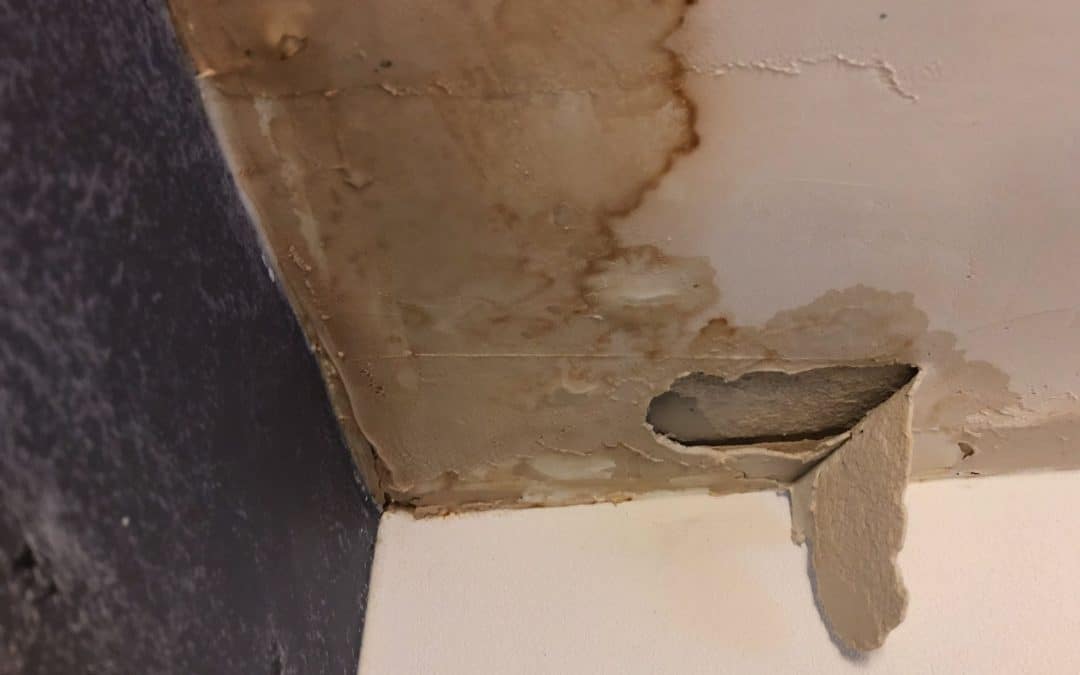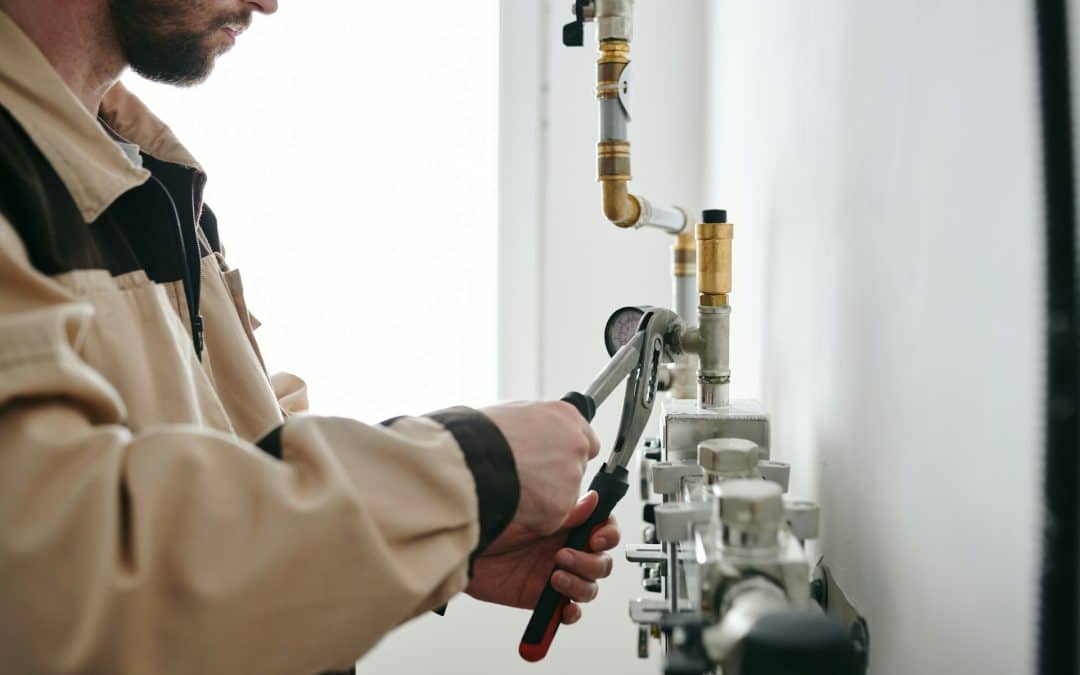As a homeowner, you can go years without giving a thought to your water heater. So when you begin to hear a mysterious knocking noise, don’t worry; it’s not some critter running through your walls. It’s likely coming from your water heater. Unfortunately, the knocking is a problem that will resolve itself, and you’ll need to have your water heater inspected to avoid larger issues.
Is your heater making too much noise? Contact Plumbing Kings to install a tankless water heater in your home!
Why Is My Water Heater Making a Knocking Noise?
The knocking noise from your water heater is caused by scale, which is a buildup of sediment, at the bottom of your heater. Hard water that runs through your water heater leaves behind mineral deposits that gradually accumulate until hot air bubbles from the heating unit start disturbing the sediment, moving it around and clanking it against the walls of your water heater. Scale can be very damaging to a water heater, no matter how new the system may be.
How to Stop the Water Heater from Knocking
In order to stop that knocking noise, you will need to flush your water heater. This will clear out the scale so that sediment no longer bangs against the inside of your heater. If your water heater frequently uses hard water, then you will need to flush your water heater regularly to continually remove the buildup of sediment.
Following through with regular flushing is important, for if you ignore the knocking, then sediment will continue to rattle within your heater. This will deteriorate the inside, or the heating element will become overworked as it tries to accommodate the blockage. Both of which can cause your water heater to corrode to the point of disrepair.
A damaged water heater has the potential to leak and flood your home. Allowing the sediment to continue building up can also cause your water to work less effectively. While you still might have hot water, it may not get to those blistering temperatures you prefer. It will heat your water less and less until it stops entirely due to sediment preventing the heating element from working.
Related: How Long Do Water Heaters Last?
Flushing Your Water Heater
To flush a water heater yourself, you need to turn off the system, from the thermostat to the gas. Allow a faucet or tub to run, connect a hose from the cold-water spigot to wherever you would like to drain it, and turn on the cold water. Wait until the water pouring from your heater is clear before finishing your flushing process and turning your heater back on.
However, you also have the option to bring in a professional to complete the job. In some cases, calling a plumber may be the best solution so that you are sure that your water heater was flushed properly. If you schedule regular maintenance checks for your water heater, this is the perfect time to ask for them to flush the system.
What to Do If the Water Heater Is Still Knocking After the Flush
If the water heater continues to make that frustrating knocking sound, then the flushing might not have completely removed the sediment. You can try again, or perhaps bring in a plumber to reevaluate. You may want to consider installing a water filtration system, which will prevent the buildup of sediment in the future.
A rattling water heater should be given serious attention. To prevent further issues down the line, some severe enough to warrant replacing your water heater entirely, flush the heater yourself or bring in a professional to complete the work. If a flushing doesn’t get rid of the noise, there are other solutions at your disposal that may resolve the issue instead. Don’t hesitate to contact a plumber to discuss your options.
